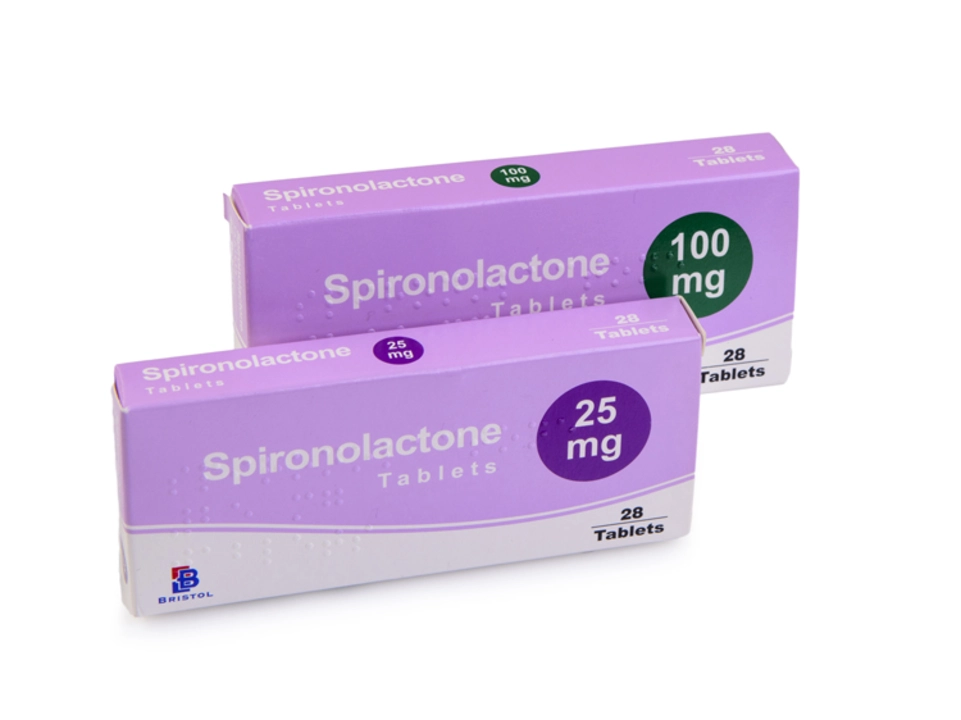Management: Smart Ways to Manage Meds, Appointments & Risks
Getting treatment under control isn’t glamorous, but it keeps you healthy and out of avoidable trouble. Good management means fewer mistakes, fewer side effects, and less stress when refills or travel come up. Below are clear, practical steps you can start using today.
Quick medication management checklist
Keep a single, up-to-date medicine list: drug name, dose, time, and why you take it. Carry a physical copy and save a photo on your phone. Use a pill organizer or weekly blister packs to avoid missed or double doses.
Set reminders. Alarms, phone apps, or a sticky note work — pick one you’ll use. Refill early: order 7–10 days before you run out so shipping or insurance delays don’t leave you without meds.
Know interactions. Alcohol, grapefruit, and some supplements change how drugs work. For example, spironolactone raises potassium risk if combined with potassium supplements or certain salts — check with your pharmacist or doctor.
Monitor key labs and symptoms. Some drugs need blood tests (like Carbamazepine or lithium). Track side effects and report new symptoms quickly — don’t just wait until your next appointment.
Buying, storing and choosing pharmacies
Buying online? Pick pharmacies that require prescriptions, show a real address, and have clear contact details. Look for third-party verification and recent user reviews. Avoid sites that ship without a prescription or ask for strange payment methods.
Compare total costs, not just sticker price. Watch shipping speed, import rules for your country, and return policies. If a deal looks too good, it probably is.
Store medicines right. Keep most meds in a dry, cool place away from heat and sunlight. Insulin and some biologics need refrigeration — check labels. Throw away expired drugs and keep a date list so nothing lingers past its use.
Talk openly with your pharmacist and doctor. Pharmacists can flag dangerous mixes and suggest cheaper generics. Ask about dose timing (take with food or on an empty stomach), and whether lifestyle changes can reduce your dose or need for a drug — like anti-inflammatory diets to help reduce prednisone use.
Travel smart: pack a copy of your prescriptions, keep meds in carry-on bags, and check legal rules for controlled meds in the places you visit. For athletes, confirm inhaler rules and approved alternatives before competition.
Final tip: build a small emergency kit of essential meds, a current medication list, and contact info for your prescriber. Good management isn’t perfect — it’s predictable, prepared, and proactive. Follow the steps above and you’ll make your treatment work for your life, not the other way around.
Managing Spironolactone-Induced Hyperkalemia
Managing Spironolactone-induced hyperkalemia can be quite challenging for some individuals. In my experience, I've found that closely monitoring potassium levels and adjusting the dosage of Spironolactone accordingly is crucial. Additionally, it's essential to maintain a low-potassium diet and stay well-hydrated to help prevent complications. Consulting with a healthcare professional regularly and promptly reporting any symptoms of hyperkalemia, such as muscle weakness or irregular heartbeats, can make all the difference in managing this condition effectively. Overall, taking a proactive approach to managing Spironolactone-induced hyperkalemia is key to ensuring optimal health and well-being.






